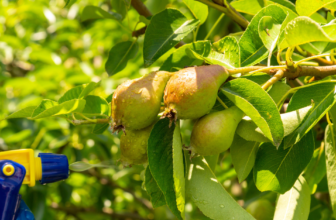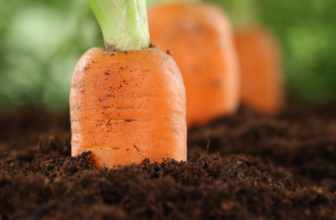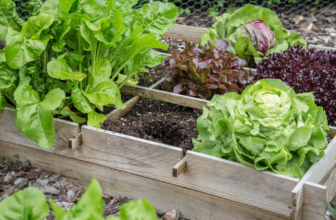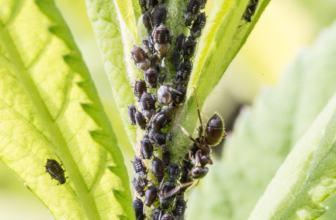
Soil is the heart of your garden. It provides nutrients, water, and stability for plants. But not all soil is the same!
Types of Soil
- Sandy Soil – Drains quickly but lacks nutrients.
- Clay Soil – Holds moisture but can become compacted.
- Loamy Soil – The ideal mix of sand, silt, and clay, rich in nutrients.

Simple Soil Test:
Want to know what type of soil you have? Try this easy squeeze test: Grab a handful of moist soil and squeeze it.
- If it crumbles in your hand, it’s sandy.
- If it stays in a tight ball, it’s clay-heavy.
- If it holds together but crumbles slightly, it’s loamy.
How to Improve Your Soil:
- Add compost for better nutrients.
- Use mulch to retain moisture.
- Test pH levels to ensure your plants get the right nutrients.

2. Sunlight: Placing Your Plants in the Right Spot
Just like us, plants need the right amount of sunlight to grow strong. But different plants have different light needs!
Understanding Sunlight Requirements
- Full Sun (6+ hours/day) – Best for tomatoes, peppers, and sunflowers.
- Partial Sun (3-6 hours/day) – Great for lettuce, carrots, and herbs.
- Shade (Less than 3 hours/day) – Ideal for ferns, hostas, and some leafy greens.

How to Track Sunlight in Your Garden
- Observe your garden throughout the day and note which areas get the most sun.
- Use a sun calculator app or a simple notepad to track light exposure.
- Adjust your plant placement accordingly!
3. Watering Wisely: The Key to Healthy Plants
Watering might seem simple, but too much or too little can harm your plants. Here’s how to do it right.
How to Check Soil Moisture:
- Stick your finger 1-2 inches into the soil. If it feels dry, it’s time to water.
- If the soil is still damp, wait before watering again to prevent overwatering.
✔ Water in the morning – Helps prevent evaporation and fungal growth.
✔ Use deep watering techniques – Ensures roots absorb moisture efficiently.
✔ Drip irrigation or soaker hoses – Saves water and provides slow, even hydration.
Conclusion & Your Next Steps
Now that you understand the three essentials of gardening, it’s time to put them into action!
✅ Test your soil and start improving it with compost.
✅ Observe your garden’s sunlight exposure and adjust plant placement.
✅ Check soil moisture before watering and use efficient watering methods.
🌱 What’s your biggest gardening challenge? Drop a comment below—I’d love to help!





